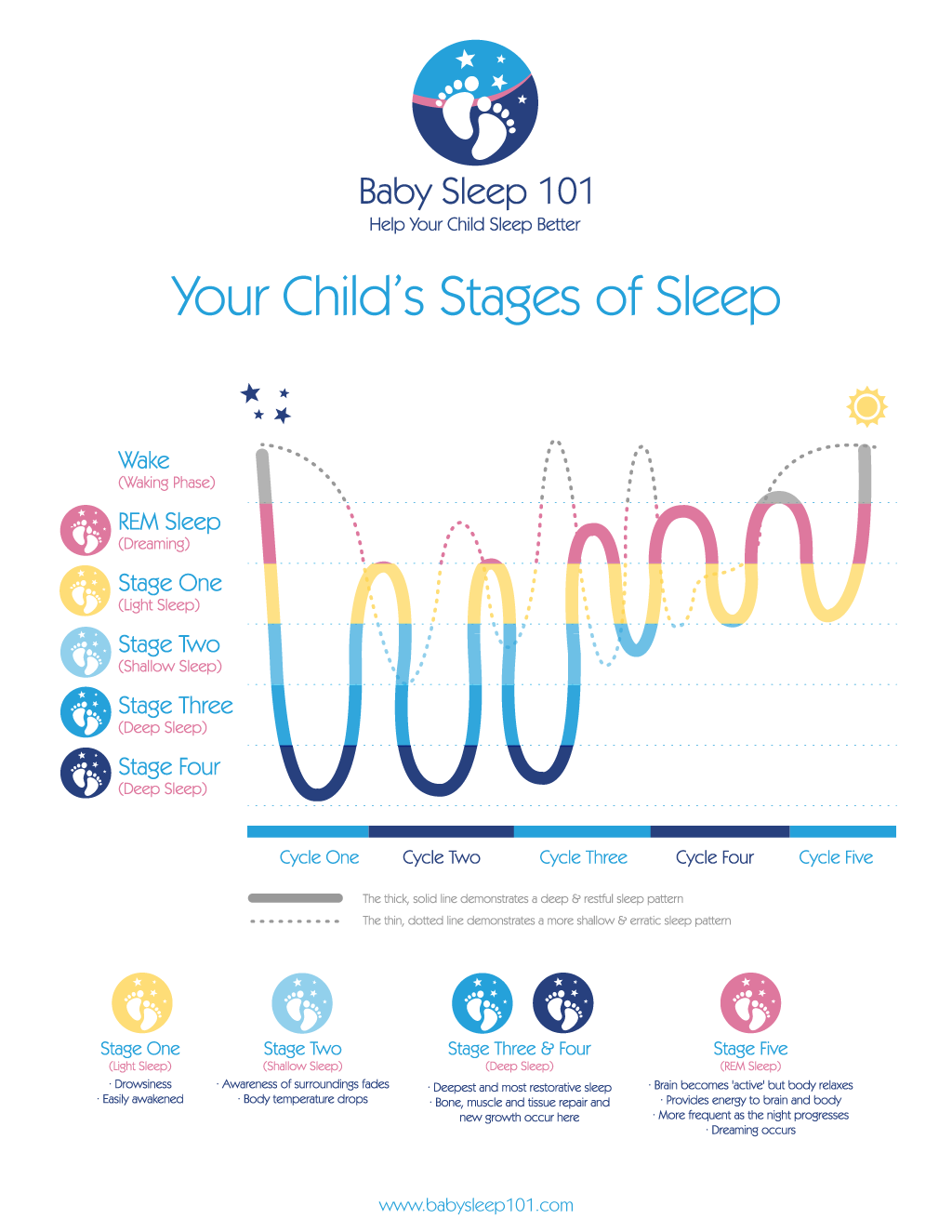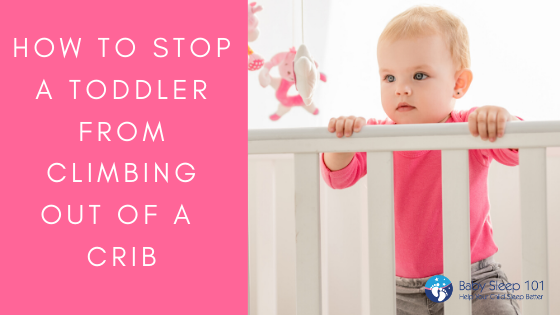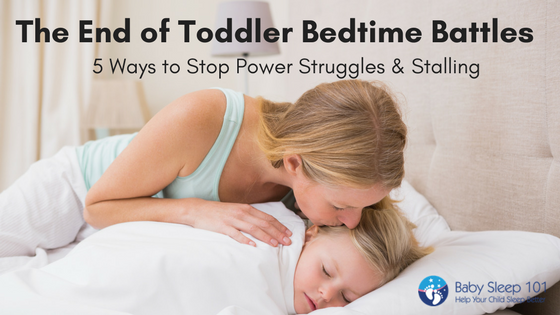Toddler Won’t Go To Sleep At Bedtime?
“This is the the
songbedtime that doesn’t end,Yes it goes on and on, my friends”
If you have a toddler that seems to take forever to get into bed, or fall asleep, then this is your anthem. (My apologies to Lamb Chop Play Along for my version.)
When your child was a baby, you may have envisioned that a toddler would be easier to put to bed. No more rocking, feeding, changing, changing again and more rocking. For hours and hours.
After all, with independence and the ability to communicate with words, comes less work for Mom and Dad, right?
But it is sometimes for precisely those reasons that bedtime gets dragged on and on.
“I need another glass of water”
“I have to pee”
“Why are leaves green?”
After you explain in detail, chlorophyll and by extension, photosynthesis, you say a silent prayer that this is finally IT and you can close the door and relax for the night.
Um, no.
Ten minutes later, the process is repeated.
As frustrating as these extended bedtimes are, there are usually specific reasons why they occur.
Usually; the child is overtired, undertired and/or the expectations around bedtime haven’t been well-defined.
It can take a little bit of figuring out which one is the main reason, but once you do, bedtime can return to an easy, relaxing and quick process.
Let’s figure out what’s going on. And more importantly, how to end it.
Reason #1 Why Your Toddler Won’t Go To Sleep
The number one reason why your toddler won’t go to sleep quickly and easily at bedtime is because they are overtired.
When kids are either not getting enough sleep, or bedtime is too late, they form a sleep debt and become overtired. Both of these terms mean that the child is sleep deprived.
A sleep debt is the difference between how much sleep a child should be getting and how much they are actually getting (similar to an actual financial debt).
“Overtired” is a description of what happens to their body when the sleep debt and sleep deprivation takes over (similar to when you dip into your overdraft in your savings account). If you want to read more about how overtiredness affects children, check this article out.
Now you may be thinking that in order to use the term “sleep deprived”, a child would have to be trying to survive on only a few hours of sleep, however, even an hour less of the recommended amounts, can start a child’s body and brain into a downward spiral.
In response, the brain releases stimulating hormones (cortisol and adrenaline) to try and fight the fatigue, and parents are left with a hyper, defiant child, doing naked somersaults on their bed.
No?
Just my child?
Alright, let’s carry on then.
Having a sleep debt is extremely common, so common in fact that we almost don’t even seem to recognize it as a society. We say things like ” the terrible twos, or threenager threes” to describe the behaviour that comes with this age group, not taking into account how much of that unruly behaviour is due to sleep deprivation.
To counter this, it’s important to get your child on an age-appropriate routine. That usually means having a nap if the child is under three to four years of age and a bedtime that isn’t too late.
Reason #2 Why Your Toddler Won’t Go To Sleep
The second reason for a bedtime that drags on is because your child is undertired.
Say what?
I know, I know.
It may sound confusing, and it can be, when you’re a tired parent. But from this sleep consultant’s eyes, certain patterns emerge when a bedtime that is going on for-evah, that help me tell if the child is over or undertired.
This most frequently happens to kids who love to take long afternoon naps (of which, I was never blessed with). Understandably, the caregiver wants to enjoy this much deserved downtime.
But if the nap goes on for too long, it can not only shortchange the nighttime sleep, but it sets us parents up for failure come bedtime.
They child just hasn’t accumulated enough wake time from the end of the nap until bedtime. They aren’t tired yet, but rather, they are undertired.
Again, we may or may not see naked somersaults.
For example, if your three year old naps from 12pm-3:30pm and then bedtime is around 7pm, this is only about three and a half hours of wake time for that child.
And while a typical toddler’s day is usually lopsided, (meaning that there is a longer wake period in the morning before the nap than there is in the afternoon), three and a half hours is too short for a child this age. They won’t be tired and you may see a lot of protesting, stalling and negotiating.
Similarly, a toddler won’t go to sleep when the nap has gone too late into the afternoon.
We all have certain points in the day when our body’s internal clock makes it more receptive to sleeping. This clock, called the circadian sleep rhythm, promotes ideal times sleep times within your child’s body by lowering your child’s core temperature and releasing sleep hormones (melatonin) into the bloodstream. This occurs during the day to promote a nap, and then again in the evening to encourage the onset of night sleep.
Toddler Sleep Troubles Got You Down? Sign up for the FREE Toddler Sleep Solutions Guide. Easy tips for exhausted parents!
However, if the child is being put down for a nap too late into this ideal time, then it will affect the bedtime circadian rhythms.
Once again, without having accrued enough wake time in the late afternoon, and now sleeping against the body’s natural sleep clock, the child will have a very difficult time falling asleep.
Some parents choose to do a later afternoon nap so that their child can stay up late; usually in the summer months when schedules are more relaxed.
And while, this can be beneficial when we have an event or occasion that we would like our kids to attend in the evening, overtime, a bedtime that is too late will start to cause problems.
The reason for this is due to how the brain cycles through sleep at night.
Early evening sleep allows the brain to cycle through more deep sleep (called Non-Rem) which is cut off with a late bedtime and doesn’t reappear even if a child sleeps in the next morning. Deep sleep is needed for a child’s brain to fully refresh and restore itself each night.
You can see an example of this below as illustrated by the thick, colourful line.
Over time, with too many late bedtimes and a shortened supply of Non-Rem sleep, the body and brain become sleep deprived.
Night wakings start to occur and the child, not feeling well-rested will start to act out, have tantrums or meltdowns.
It can create a vicious cycle, so it’s best to move bedtime up a touch earlier if you start to see this happen.
Reason #3 Why Your Toddler Won’t Go To Sleep
Finally, the last reason that bedtime can be extended is when expectations aren’t crystal clear.
In this article about how to end toddler bedtime battles, I talked about how kids need parents to be a confident pilot to steer them through the storm (of their big emotions, reactions, limit testing, etc). And this applies in particular to the whole bedtime wind down process.
It needs to be well-defined and consistently implemented.
If there is a lot of inconsistency each night, your child will feel insecure without structure. And what do they do when they feel like this?
They test the limits in an effort to define the rules for themselves.Boundaries will be pushed further and further to see where they end.
At first it might seem funny or cute (*cough*, *cough* naked somersaults *cough*) when such antics emerge, but it can quickly spiral out of control.
Unfortunately, if we allow things to go too far, then we get annoyed and react out of anger and frustration. Not really what we want during bedtime, right?
It may not seem logical, but when toddlers start negotiating, pleading or stalling, it’s their way of asking for limits. If bedtime is taking too long, what they really need are fair, firm and consistent rules.
The other component to this is that there needs to be follow through with implementing those rules. If bedtime is 7:00 pm and it’s 6:59 pm, and they haven’t settled down yet for story time, then follow through. It’s essential that you stick to the rules that you have implemented and forgo those stories.
Will your child joyfully accept your decision, and hop gleefully into bed?
Uh, no. Not a chance.
But! They will quickly learn that you mean what you say and in turn, you will see a dramatic reduction to the stalling.In fact, this age group can respond much quicker to sleep training, expectations and changes than a baby will. Even though they can protest louder and longer, if you implement things correctly, it will quickly dissipate.
So there you have it.
Three of the most common reasons why our little ones resist bedtime and how to solve each of them.
If you have other issues with your toddler’s or preschooler’s sleep, be sure to join the Baby Sleep 101 Facebook page for more resources as well as grabbing your copy of the Sleep Solutions Guide for Toddlers and Preschoolers; Easy Tips for the Exhausted Parent.
Too tired to read anything else? Just want a plan of action that’s done for you? Book a mini consult under the A La Carte options and we can plan out a step-by-step method that’s right for your family.
















